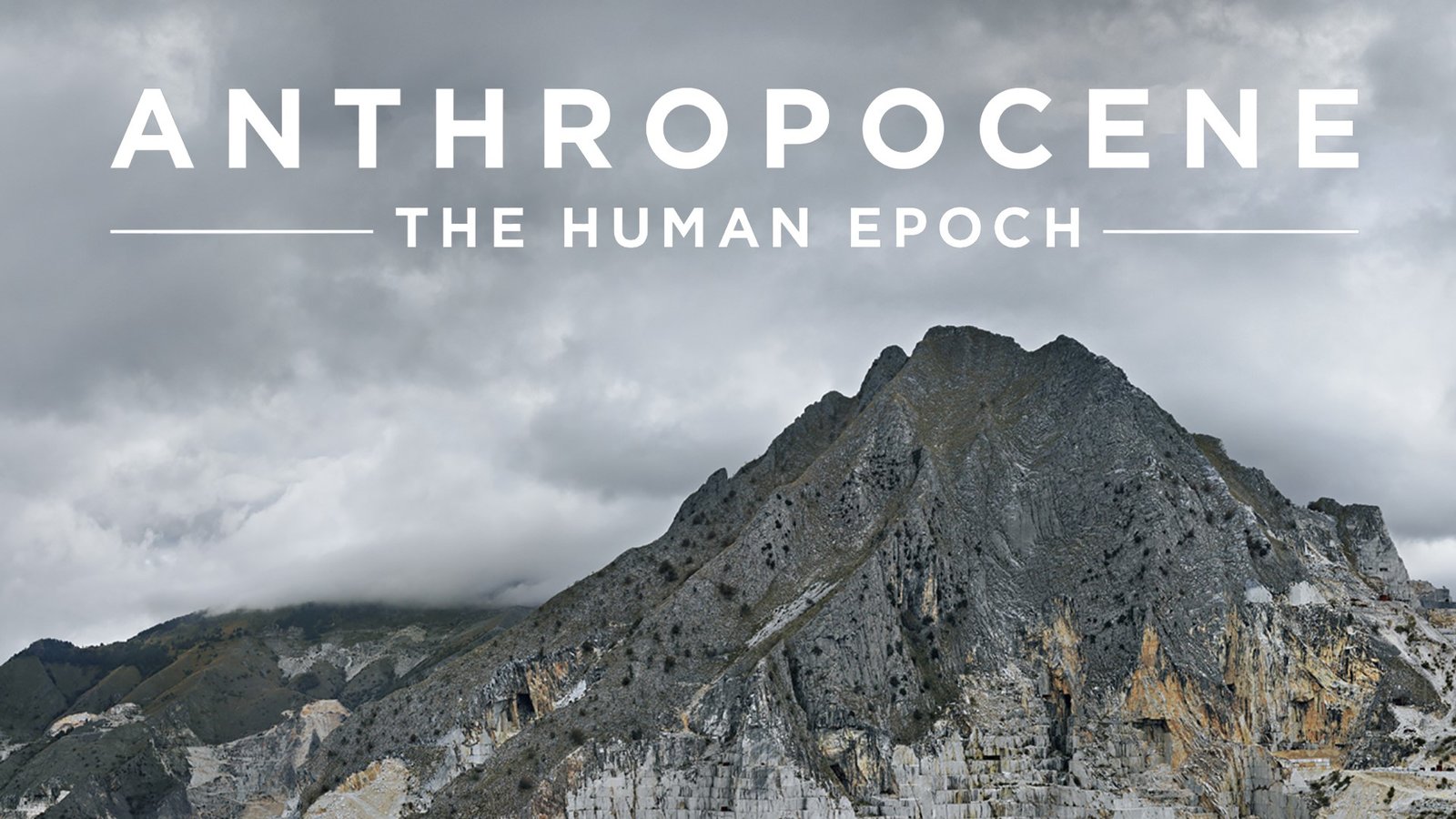A Growing Urgency and yet Denial Remains a Stubborn Reality
Coincidentally or not, corresponding with week’s nationwide climate strike, Mercury Films is releasing an environmental documentary focusing on the human impact on the planet. In “Anthropocene: The Human Epoch,” filmmakers Jennifer Baichwal, Edward Burtynsky, and Nicholas de Pencier travel to twenty countries across six continents to show the irreversible effects that human beings have had on the natural landscape.
While many environmental documentaries with such a global scale might focus on the earth’s beauty in order to get audiences to appreciate the planet, “Anthropocene” takes the opposite route, and looks at the some of Earth’s least flattering, most unnatural images. Rather than taking us to the mountains, prairies, or deep seas, the film shows us landfills, mines, power plants, refineries, and junkyards on both land and water, revealing the Anthropocene’s unavoidable and unattractive reality.
Anthropocene as a term denotes a new geological age, or epoch, in which humans are the primary influence on the natural world. With today’s hot debates about climate change and global warming, Anthropocene has become somewhat of a buzzword, but the term dates back to the 1980s when scientists Paul J. Crutzen and Eugene F. Stoermer first coined it. Evidently, the process has been going on for a while, but in the current day and age, the Anthropocene is increasingly hard to ignore, as the human footprint eats up more of the natural world and the effects of climate change are becoming increasingly tangible.
Where are the Solutions and what can any of us do to Slow Down the Juggernaut?
The question on everybody’s mind, then, is how do we combat climate change? It is a lofty question that even the brightest of scientists and the most ambitious of politicians struggle to find consensus on. At the most basic, humanistic level, the answer might start with everybody doing their parts to live sustainably and spread awareness of the issue. From an artist’s perspective, that means of spreading awareness might come in the form of a painting, a novel, or a film.
Film has certainly had its bouts with addressing climate change in the past. Many documentaries from Al Gore’s revolutionary “An Inconvenient Truth” to Leonardo DiCaprio’s foreboding “Before The Flood,” have zeroed in on the issue. On the complete opposite side of the cinematic spectrum, the concept has even made its way into recent blockbuster movies such as “Avengers: Infinity War” and “Mission Impossible: Fallout,” both of which had eco-terrorists as their main villains.
It almost seems impossible to make a movie about the world and not have it relate to climate change in some way. Animal-focused docuseries like BBC’s “Planet Earth” or Netflix’s “Our Planet” may avoid people altogether, but their subject-matter always comes back to anthropogenic preservation. Similarly, documentaries working in other sectors of environmentalism, such as the recent “Supersize Me 2: Holy Chicken!” or “The Game Changers,” which focus on diet and nutrition, all circle back to the correlation between consumption and climate in one way or another. Clearly, the issue is deeply engrained in any conversation we might have about the environment, and with eco-criticism becoming a growing sector of theory and thought, audiences will start to notice the topic emerging in even more ways.
Watching “Anthropocene: The Human Epoch,” however, does not require a lot of deep thinking to realize that it is addressing global warming. The subject is made quite clear through the documentary’s unambiguous and straightforward expository mode.
Directors Baichwal, Burtynsky, and de Pencier are no strangers to this blatant style of informative documentary that focuses on pressing issues. The three have collaborated before on the award winning documentaries “Watermark” and “Manufactured Landscape,” both of which covered environmental topics. But while these two earlier films only touched on the concept of climate change and its effects, “Anthropocene” goes full-throttle, traveling far and wide to illustrate the harrowing impacts of this new epoch. It shows urban floods, melting glaciers, excavated canyons, and poached animals on the edge of extinction, all aiming to evoke an emotional response from viewers—none of whom are blameless for or exempt from this planetary phenomenon.
What does it take to Wake Up a Population that Sleeps as the Threat keeps growing?
Nevertheless, as effective as “Anthropocene: The Human Epoch” might be in pulling on our heartstrings and making us fear for the future, one must question weather the environmental documentary is as impactful as people often make it out to be. Fourteen years have gone by since Al Gore warned us about global warming in “An Inconvenient Truth,” and since then countless documentarians have approached the topic from several different angles. Sadly, though, we are hardly any closer to an environmental reformation. The general public may have caught on to the issue’s severity, but many people—particularly people in power—still refuse to even acknowledge climate change.
This is not to say that “Anthropocene: The Human Epoch” or other films in the same vein are futile gestures. They are compelling and will likely inspire many people to live more environmentally consciously. However, as a society—or rather, as a human species—we should probably be past exposition and be making more progress in combating and adapting to the changes already going on in the world around us. As a film, “Anthropocene: The Human Epoch” is bound to be captivating and informative. As a piece of activism, though, the odds are unfortunately against it.
Find books on Big Tech, Sustainable Energy, Economics and many other topics at our sister site: Cherrybooks on Bookshop.org
Enjoy Lynxotic at Apple News on your iPhone, iPad or Mac and subscribe to our newsletter.
Lynxotic may receive a small commission based on any purchases made by following links from this page.
